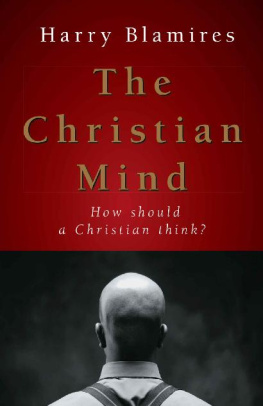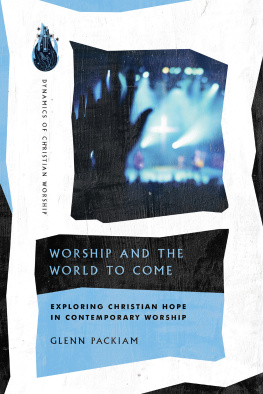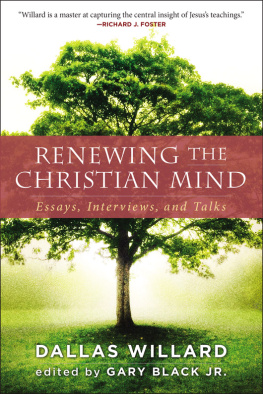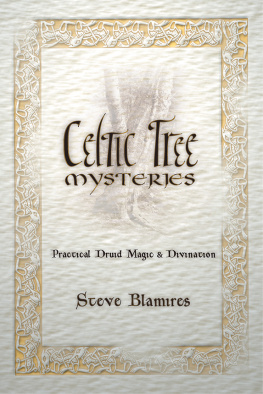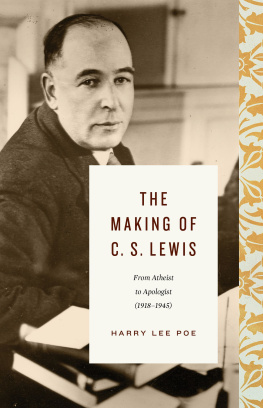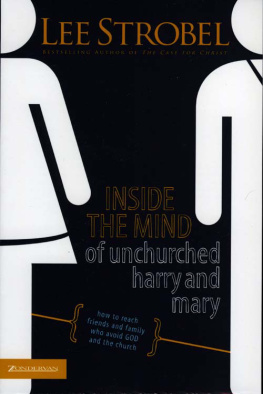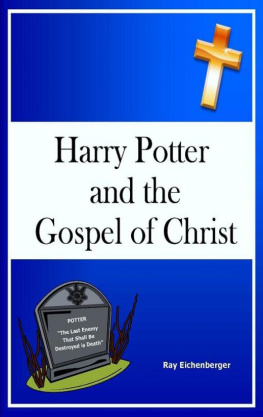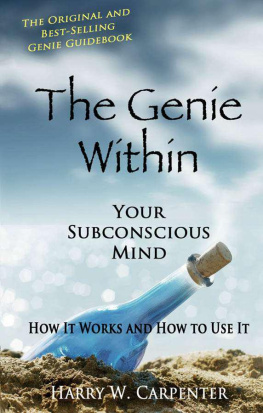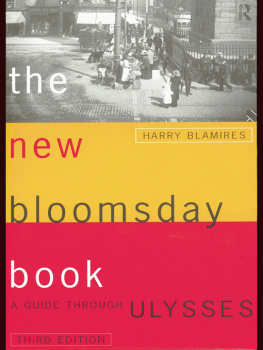Christian Mind
How Should a Christian Think?
Harry Blamires
Regent College Publishing
Vancouver, British Columbia.
Contents
The Christian Mind
Copyright 1963 Harry Blamires
All rights reserved. First edition 1963 by S.P.C.K.
Holy Trinity Church, Marylebone Road, London This edition published 2005 by Regent College Publishing
5800 University Boulevard, Vancouver, BC V6T 2E4 Canada
Website: www.regentpublishing.com
Email: Views expressed in works published by Regent College Publishing are those of the author and do not necessarily represent the official position of Regent College < www.regent-college.edu >. Library and Archives Canada Cataloguing in Publication Data Blamires , Harry
The Christian mind : how should a Christian think / Harry Blamires. Originally published: London : S.P.C.K., 1963.
Includes bibliographical references.
ISBN 1-57383-323-1
ISBN 1-57383-474-2 (E-book edition) 1. Christian life-Anglican authors. 2. Christianity and culture. 3. Secularism. I. Title. BY4501.2 .B546 2005 230 C2005-900524-6
Preface to the Regent Edition
ON THE DAY when I decided to write this book I had heard someone speak of 'the scientific mind' and someone else of 'the modern mind: using the word mind of a collectively accepted set of notions and attitudes. Surely, I thought, there was, or there ought to be, a definable 'Christian mind: After all, as we Christians talked with others, as we read our newspapers or listened to the media, we were continually thinking, or ought to be thinking, 'But no, that's not the way we Christians look at things'. So I set about the task of illustrating how truly Christian thinking put us on a collision course with contemporary secularist assumptions.
Now, forty years later, the basic situation has not changedexcept in the sense that the collision between the secularist and Christian presuppositions has intensified. Ought my initial analysis of the collision in terms of the contemporary scene to be updated? I have recently given a lot of thought to this possibility. The trouble is that, if it were so updated, it would quickly 'date' again. The fact that the book has been continuously in print since 1963 suggests that readers do not have difficulty in this respect. Looking back on the polemical books that I read avidly in my youth, I cannot think that I had problems with the then dated element in Chesterton's Orthodoxy or The Everlasting Man . Would Lewis's Screwtape Letters be more acceptable today if the background of the Second World War were changed to that of the struggle with al Qaeda?
The Christian Mind was enthusiastically reviewed. It was published just a few weeks after John Robinson's Honest to God had shaken the theological world. This coincidence proved crucial in two ways, helpful and unhelpful. The helpful aspect was that many believers who had been repelled by the bishop's book flocked to buy and to recommend my book as a counterbalancing 'blast from orthodoxy', to quote one reviewer. The unhelpful consequence was that it encouraged hostile liberals to characterise me as the hidebound enemy of new thinking. Moreover, cast in the role of the man who had taken on John Robinson, I found myself in a rather absurd position. People who organized courses and were looking for speakers seemed to assume that that my book constituted some kind of conscious 'reply' to a book whose publication preceded it by only three weeks.
My next book A Defence of Dogmatism (in the USA called The Tyranny of Time ) came out in 1965. In it I sought to demythologise secularism by encouraging scepticism about the framework of assumptions within which fashionable thinking denigrated the religious. A more difficult book and therefore little noticed, it represented a farewell to theological writing for some fifteen years. C. S. Lewis had told me that I ought to write in my own field, indeed that it was a way of drawing attention to my specifically Christian output. And any way, being professionally employed in the field of English Literature, I felt the need to refresh my work.
It was in the USA that interest in my early theological books revived. James Manney of Servant Publications, Ann Arbor, arranged the reissue of The Christian Mind in 1978 and the publication of Where do we stand? in 1980. Having taken early retirement from the academic world in 1976, I was in a position to continue work in both the literary and the theological fields and enjoyed successive lecturing trips to the USA and to Canada in the following decade. My simple guide to Christian teaching ( On Christian Truth ) came out in 1983 and my critique of our current situation ( The Post-Christian Mind ) was written for the millennium. I am very grateful to Rob Clements for the decision to give a new lease of life to several of my books.
Harry Blamires
Part One
The Lack of a Christian Mind
THE SURRENDER TO SECULARISM
THERE IS no longer a Christian mind. It is a commonplace that the mind of modern man has been secularized. For instance, it has been deprived of any orientation towards the supernatural. Tragic as this fact is, it would not be so desperately tragic had the Christian mind held out against the secular drift. But unfortunately the Christian mind has succumbed to the secular drift with a degree of weakness and nervelessness unmatched in Christian history. It is difficult to do justice in words to the complete loss of intellectual morale in the twentieth-century Church. One cannot characterize it without having recourse to language which will sound hysterical and melodramatic.
There is no longer a Christian mind. There is still, of course, a Christian ethic, a Christian practice, and a Christian spirituality. As a moral being, the modern Christian subscribes to a code other than that of the non-Christian. As a member of the Church, he undertakes obligations and observations ignored by the non-Christian. As a spiritual being, in prayer and meditation, he strives to cultivate a dimension of life unexplored by the non-Christian. But as a thinking being, the modern Christian has succumbed to secularization. He accepts religion its morality, its worship, its spiritual culture; but he rejects the religious view of life, the view which sets all earthly issues within the context of the eternal, the view which relates all human problems social, political, cultural to the doctrinal foundations of the Christian Faith, the view which sees all things here below in terms of God's supremacy and earth's transitoriness, in terms of Heaven and Hell.
Everywhere one meets examples of the Church's abdication of intellectual authority which lies at the back of the modern Christian's easy descent into mental secularism. A few weeks ago, in the chapel of a Church training college, I heard a bishop impress upon his congregation that Church colleges do not exist to give Church teaching but rather to provide opportunities for communal worship. This false antithesis, with all its dangerous implications, was pressed home. The duty of common worship was urged with all the force of episcopal authority. With the same authority the significance of doctrinal teaching was depreciated. A passing reference to the evil materialistic idolatries prevalent today completed a neat circuit of error and illogicality.
Of course when one speaks of the loss of intellectual morale in the twentieth-century Church one has in mind much more than the depreciation of the doctrinal demand by unthinking ecclesiastics. My thesis amounts to this. Except over a very narrow field of thinking, chiefly touching questions of strictly personal conduct, we Christians in the modern world accept, for the purpose of mental activity, a frame of reference constructed by the secular mind and a set of criteria reflecting secular evaluations. There is no Christian mind; there is no shared field of discourse in which we can move at ease as thinking Christians by trodden ways and past established landmarks.
Next page
